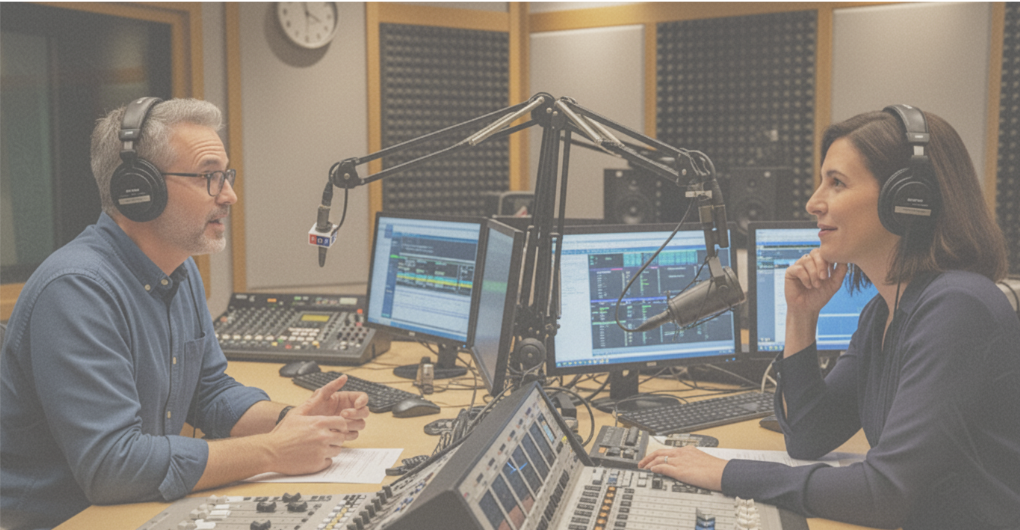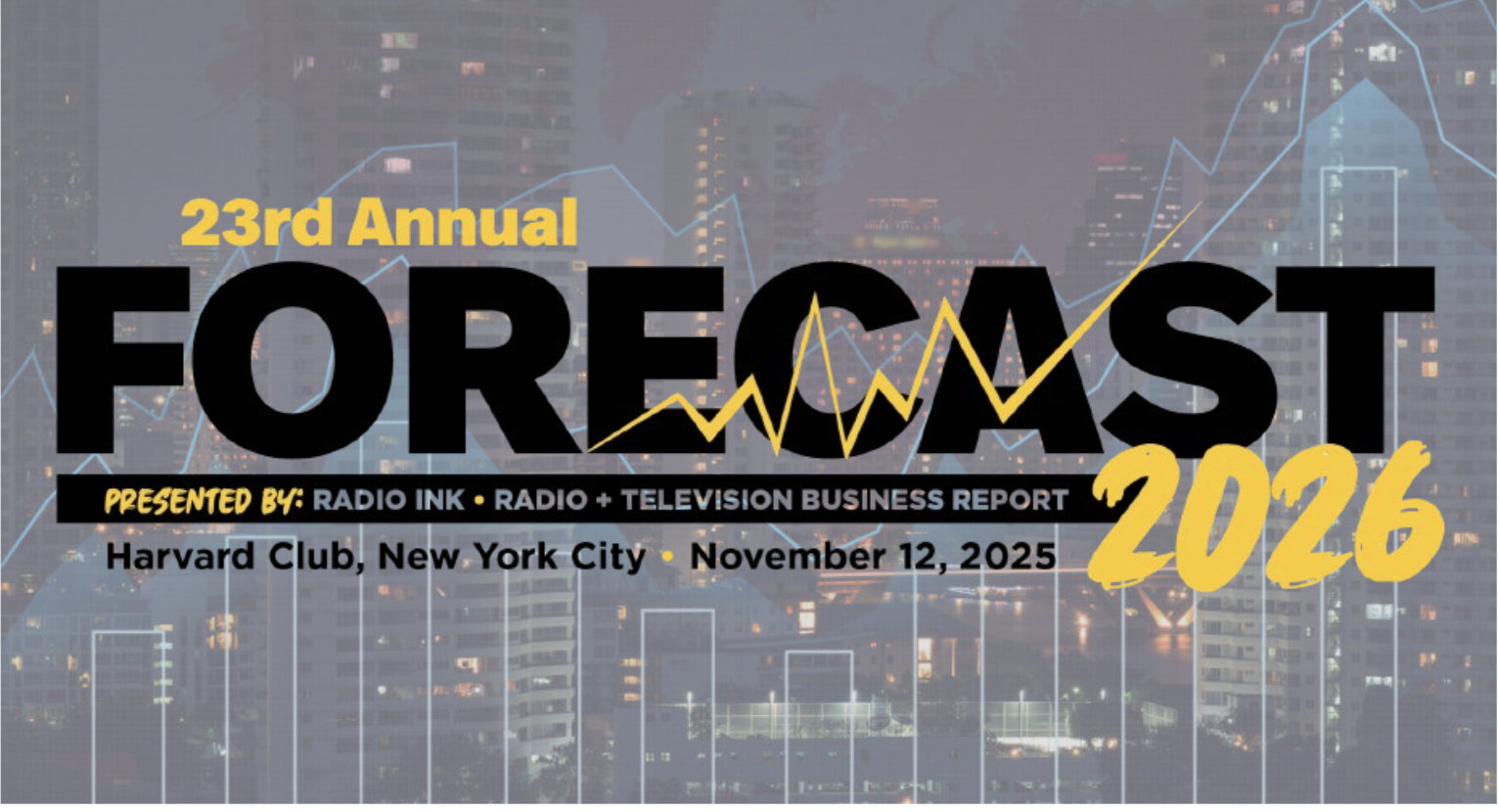
People power in audio AI – The Short Stack
“No AI was used in the making of this podcast.”
Friends,
The above disclaimer – included in one of Bonneville International’s acclaimed shows – is as much a sign of the times as the ubiquity of AI itself.
The subject of embracing AI in audio with caution dominated the conversation at “The Evolution of AI in Radio and Podcasting,” an excellent panel at NAB Show NY last week featuring our friends Sheryl Worsley (Bonneville’s VP of Podcasting), Jon Accarrino (founder of Ordo Digital), and our own VP Matt Kellogg.
Examples of how the technology is making life better for broadcasters and podcasters (and everyone in audio) were plentiful. Per Radio Ink’s coverage, the session “pulled no punches in tackling how AI is transforming every corner of the audio industry, from production and personalization to brand safety.” Matt discussed both current and future state implementations from the tech side – from auto-generating ad markers, to identifying ideal episodes for particular advertisers, to generating social clips.
Sheryl from Bonneville, whose podcasts (part of their KSL division) have garnered more than 85 million downloads – including the acclaimed “Cold” – continued with some of the ways a multi-channel media leader benefits from AI. Transcripts and translations, AI-read articles, and a lot more keep their successful podcast operation humming.
But she quickly followed that the checks and balances around AI are fundamental, including the need to keep an eye on AI-powered brand safety tools. Many of Bonneville’s shows are true crime, with subject matter and language that’s integral to those stories – all legitimate content that tech shouldn't automatically steer away from brands.
And it’s more than just the fair flow of ad dollars and other operational concerns.
Sheryl’s calling out of the aforementioned disclaimer – meant to clarify that a show host’s AI-sounding voice is actually her real voice – clearly signifies a growing listener concern. If the host is a big part of the reason why people tune in (for example, more than 50% of podcast listeners follow hosts on social media according Pew Research), they want to know they’re actually listening to the host. Bonneville is clearly tapped into the AI zeitgeist.
They demonstrate their emphasis on people-power in other ways too. “Our continued growth in the audio space necessitates that we work with a company that understands our challenges and can help us achieve our goals for audience and revenue growth,” states James Bottorff, the company’s VP of Digital Strategy, in our recent case study. The close partnership and collaboration of dedicated humans can’t be overstated, especially now.
The efficiencies that AI brings to podcasting and radio are undeniable. And, in the spirit of two things being right at the same time, all of the above are reminders to the industry that none of this really works without great people.
Best,
 Scott Klass , CMO
Scott Klass , CMO 

“Podscribe can tell you who’s advertising. Magellan can estimate spend,” Granger continued. “ORBIT shows you which shows made money and which ones lost it. We factor in what advertisers paid, what they were trying to achieve, and whether the investment paid off.”

“The data shows us that consumers are emotionally driven, digitally fatigued and yearning for authenticity in an increasingly algorithmic world,” said Lainie Fertick, President of Insights for iHeartMedia. “For marketers, it creates both hurdles and unique opportunities to connect with audiences...”


No one needs reminding what a unique gift public media is to listeners everywhere. It’s equally clear that it’s facing some unique challenges right now. Some stations are taking some less-traveled paths in the space to ensure that revenue keeps flowing, including trying out programmatic advertising. The key is to ensure that the proper controls are in place to protect public media’s unique standards at the same time. We’re here to talk to you about it.

